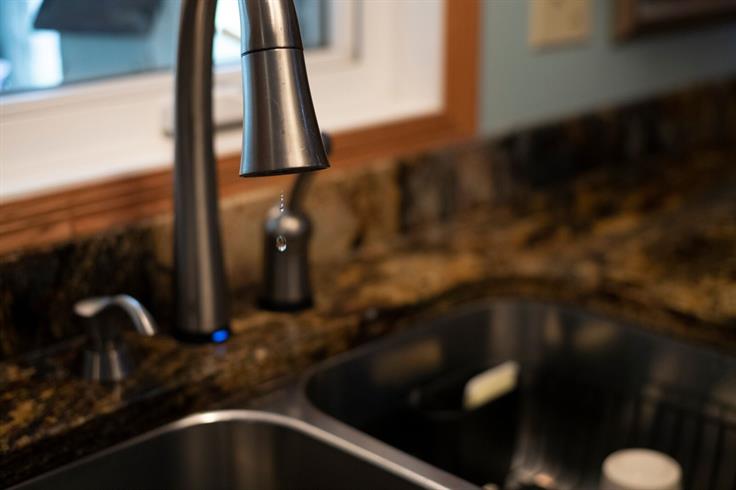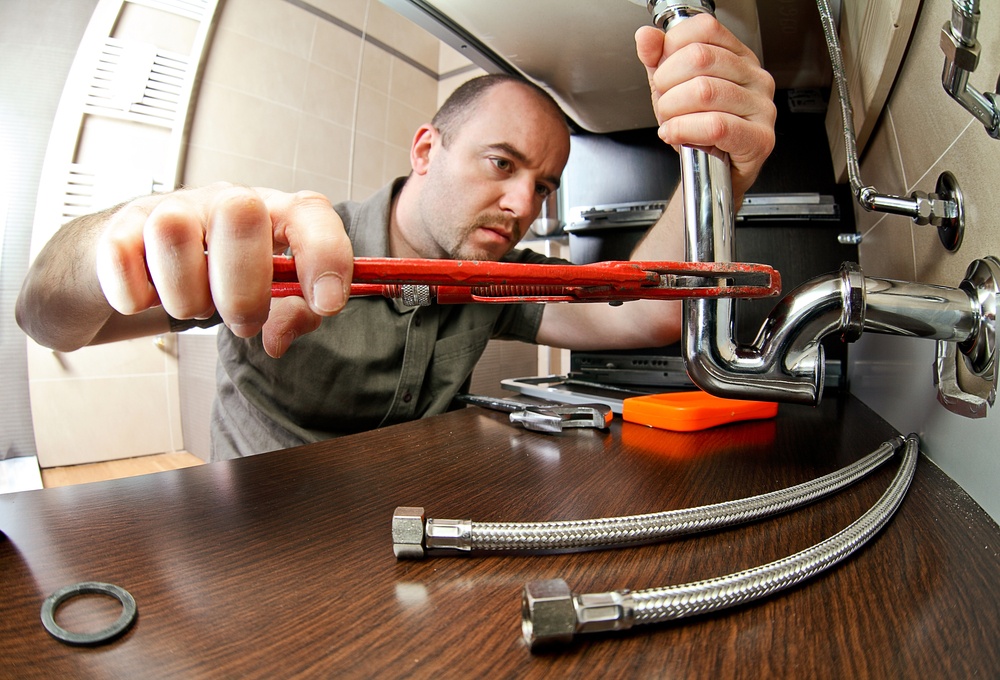Being hidden out of plain sight, the plumbing system isn’t really something that we notice until there’s a disaster. Once it happens, water damage caused by leaks or burst pipes can harm the structure of your home, cause massive water waste, destroy your electronics, furniture and other possessions. To keep your plumbing healthy, these are the principal considerations.
Fix and maintain the toilet
Almost every homeowner has had issues with a running toilet at some point in their life. Jostling the flush lever can help get things moving temporarily, but you’ll still have water waste in the long run.
In most cases, this problem is easily fixed with common household tools and a few adjustments. Proper upkeep of the jets inside the toilet rim and regular cleaning will keep everything in order. Obviously, you need to be careful what you flush as anything that’s not toilet paper or your natural waist is not acceptable.
Keep an eye on water pressure and tiny leaks
It’s a common misconception that the higher the water pressure, the better, but in reality, it is bad. Surely, everyone hates low pressure while showering, but if the water pressure in the system is too high, it puts constant stress on it. So, in time, pipes and joints that hold everything together will weaken and break down.
It’s recommended you get a pressure gauge installed onto the outside faucet or the draw-off next to your water main, so you can get an instant reading. The water pressure should ideally be between 40 and 80 psi and anything higher than that will cause wearing and tearing to your pipes. The pressure is easily regulated by a pressure reducing valve that an experienced pro, as this North Shore plumber, can install for you. While there, have him check for any other irregularities and leaks around the house. Small leaks often go unnoticed until they’ve already caused big damage to your home construction, large amounts of wasted water and even cause toxic mold.
Go easy on your garbage disposal

No matter how convenient a tool garbage disposal is in the kitchen, it can still cause problems if not used properly. The biggest mistake is using it as a substitute for the real trash bin because some things are just not meant for the sink.
To keep the garbage disposal running smoothly, avoid feeding it starchy food remains like pasta, rice, potatoes and peel, bones, and oil and grease which are usually the main culprit for clot formation. In addition, use cold water more as it keeps the blades sharp and makes the oil moving through the pipes.
Breakthrough clogs without chemicals
Drains can get easily blocked over time due to hair and soap build up. When you notice that water is coming back, it’s a sure sign you have a blockage. Even though you may be tempted to pour down the drain a liquid chemical drain cleaner, that wouldn’t be the best choice. These products are very harsh and damaging for the pipes, your health, and the environment.
A much better and equally effective way to get rid of clogs but still protect your plumbing is by using a plunger or a snake. For the really stubborn clogs, remove the p-trap from under the sink and clean the dirt yourself.
Prepare for the winter

When the temperatures outside start to drop, it’s time to prepare for winter. As water expands when it freezes, it’s essential you leave no water in your pipes, or you’ll end up in serious trouble with bursting pipes.
The first step is usually to disconnect any hoses you have from the faucets outside and close all shut-off valves. Next, wrap all exterior pipes in foam insulation. Moreover, if you plan to leave town for the winter, shut off the water supply to your house but only after you have drained all pipes. Finally, don’t forget to leave the thermostat running at around 60 degrees.
Staying on top of your plumbing maintenance will keep the system healthy and in good condition. It will also prevent any major issues and help you cut costs.

